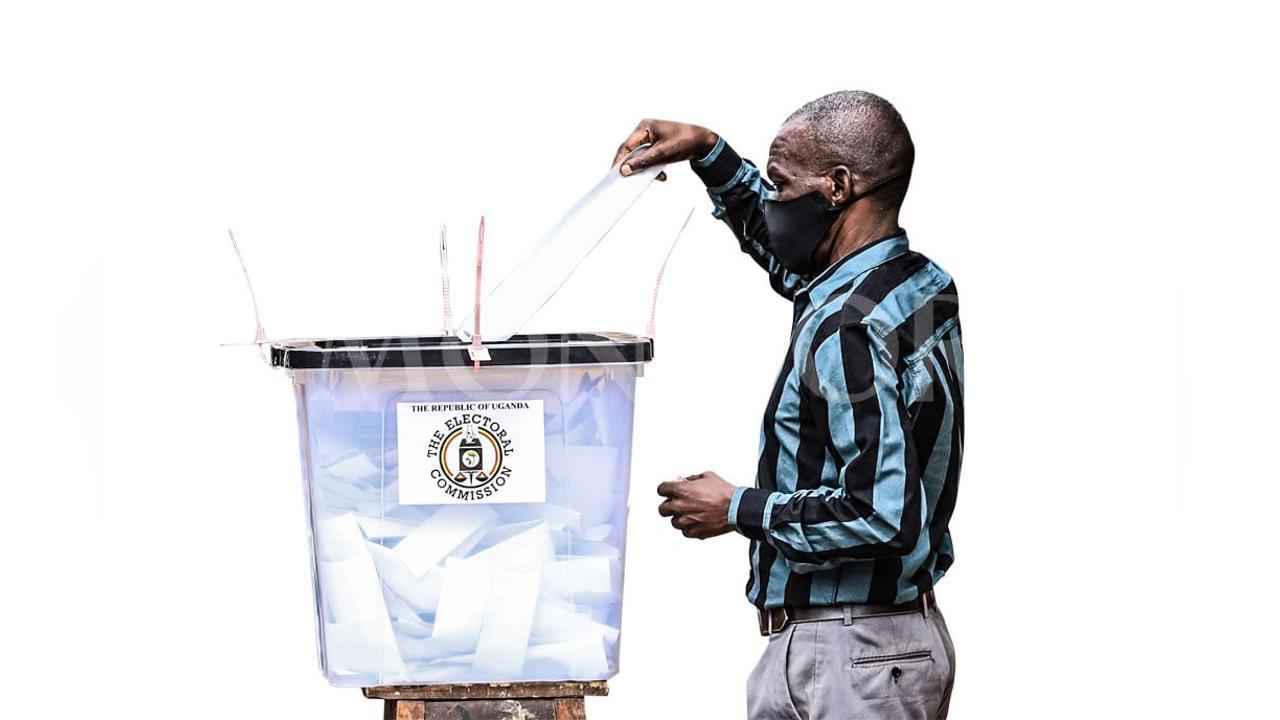Africa-Press – Uganda. As Uganda gears up for the 2026 general elections, Parliament has once again amended key electoral laws, continuing a pattern that has occurred every five years since 2005. On July 15, 2020, lawmakers passed updates to laws governing the Electoral Commission, political parties, and regulations for presidential and parliamentary elections.
While these changes might seem like a sign of progress, many experts and political actors question whether they are truly meaningful — or simply routine adjustments that fall short of genuine reform.
“Electoral reforms are always overtaken by time,” says Job Kiija, a policy analyst. “The call to remove the military from the electoral process has been consistent, yet the nature of election-related violence continues to evolve.”
The role of security forces and the independence of the Electoral Commission remain central concerns in Uganda’s electoral debate. Critics argue that while reforms exist on paper, the government lacks the political will to implement them in ways that ensure free and fair elections.
“We advocate for electoral reforms to ensure credible elections,” says lawyer George Musisi. “However, we remain a democratic state that lacks the political will to hold truly credible elections.”
This sentiment is echoed across the political spectrum. Marion Kirabo, a cadre from the National Unity Platform (NUP), agrees that implementation is the weak link.
“While the electoral reforms appear sound on paper, implementation remains a major challenge for our government,” she says. “Even where strong laws supporting gender parity exist, the government often views them as benefiting the opposition — so they are quickly amended or weakened.”
Kirabo adds that low public awareness and limited resources have made it easy for authorities to avoid meaningful enforcement of these reforms.
But not everyone sees it that way. According to Pollar Awich from the ruling National Resistance Movement (NRM), the government has made significant efforts to support the Electoral Commission.
“The government has consistently provided resources, not just funding but also laws and policies, to enable the Electoral Commission to operate at full capacity,” Awich states.
Source: Nilepost News
For More News And Analysis About Uganda Follow Africa-Press






